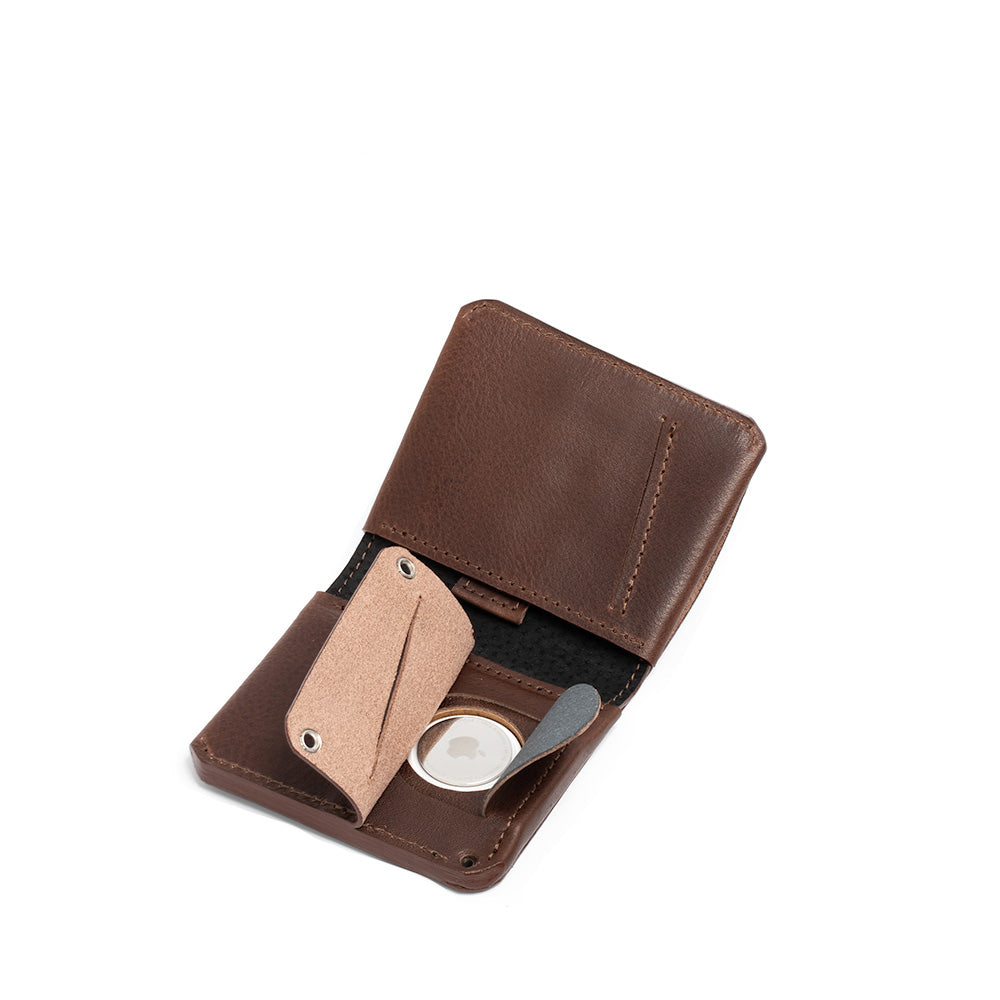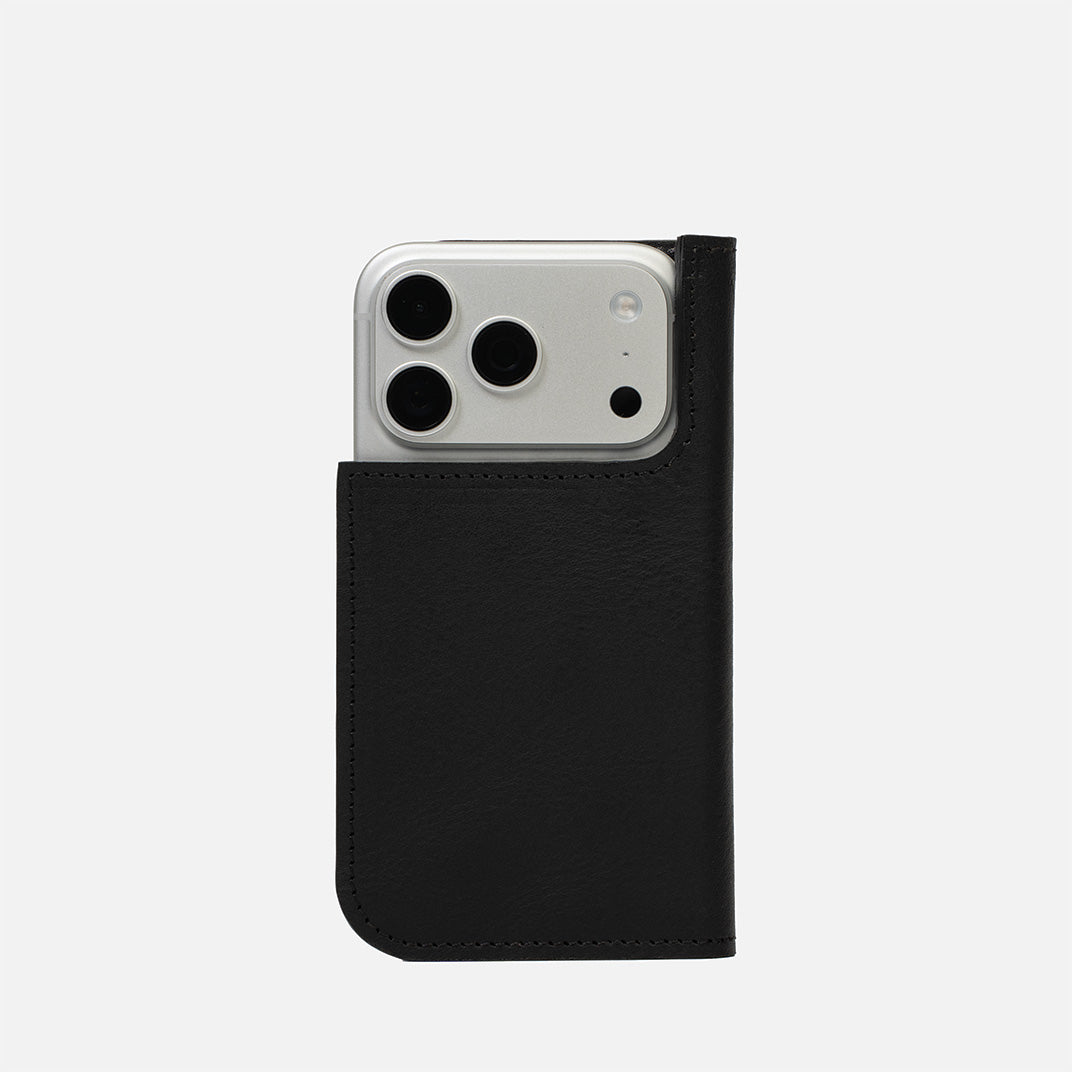
The new iPad Pro M4 is equipped with a sophisticated camera system that includes:
- 12MP Wide rear camera
- Updated LiDAR scanner for augmented reality
- 12MP Ultra Wide front camera designed for video conferencing with Center Stage
These enhancements signify Apple's commitment to integrating professional-quality camera technology into their tablets, making it a versatile tool not just for photographers and videographers but for anyone needing high-quality imaging and AR capabilities on the go.
Camera Specifications and Features
12MP Wide Camera
The main rear camera of the iPad Pro M4 boasts a 12-megapixel sensor capable of capturing high-resolution images with exceptional clarity and color accuracy. This camera is equipped with an f/1.8 aperture, which allows more light to hit the sensor, improving low-light performance and depth of field in photos.
LiDAR Scanner
Adjacent to the rear camera, the LiDAR (Light Detection and Ranging) scanner provides advanced depth-sensing technology. This tool is instrumental in creating detailed depth maps of spaces, which is crucial for augmented reality (AR) applications and improving autofocus in low-light conditions.
Front Camera
Positioned on the landscape edge of the device to better align with typical video conferencing setups when the iPad is used with a keyboard. This camera features a 122-degree field of view, perfect for group selfies and expansive video calls. It supports the Center Stage feature, which automatically adjusts the frame during video calls to keep participants in view as they move.
Innovative Camera Features:
- Adaptive True Tone Flash: Significantly enhanced from previous models, the adaptive True Tone flash on the rear camera intelligently adjusts the intensity and color temperature of the flash. This ensures subjects are lit naturally, reducing glare and shadow effects that can degrade photo quality.
- Improvements to the LiDAR Scanner: The updated LiDAR scanner on the iPad Pro M4 offers faster, more accurate measurements of physical spaces, enhancing AR applications. It allows for better scene understanding and object placement within a variety of apps, from interior design to immersive gaming experiences.
In-Depth Feature Analysis
12MP Wide Rear Camera
The 12MP Wide rear camera on the iPad Pro M4 is a significant asset for both amateur and professional photographers, offering robust capabilities across a spectrum of shooting conditions. This section delves into the technical prowess of the camera and its application in various photographic scenarios.
Capabilities in Various Shooting Conditions:
-
Low Light Performance:
The f/1.8 aperture of the 12MP Wide camera allows for greater light intake, making it highly effective in low-light environments. This larger aperture, combined with the advanced image signal processor in the M4 chip, helps reduce noise and enhance image clarity without sacrificing detail. -
High Dynamic Range (HDR) Shooting:
The iPad Pro M4's camera utilizes smart HDR technology, which automatically adjusts the exposure to capture details in both the brightest and darkest areas of an image. This is particularly useful in high-contrast scenes where you want to maintain detail in bright skies without losing the shadows. -
Portrait Mode and Depth Control:
Leveraging the LiDAR scanner, the camera can better separate the subject from the background, allowing for sophisticated bokeh effects in portrait shots. This depth-sensing capability also aids in more accurate focus in challenging conditions.
Benefits of the New Processing Power for Photo and Video Quality:
-
Faster Image Processing:
The M4 chip’s enhanced CPU and GPU speeds up image processing tasks, enabling faster autofocus, real-time photo adjustments, and quicker rendering of complex effects like panoramic photos or time-lapse videos. -
Improved Video Quality:
With the ability to handle 4K video at higher frame rates, the camera system benefits significantly from the new chip’s processing power. This means smoother, clearer video recordings with better color accuracy. -
ProRes Video Support:
Professionals looking to use their iPad for more than just casual video shoots will appreciate the inclusion of ProRes video support, which offers high-quality video files that are easier to edit and color grade, typically a feature reserved for high-end cameras.
LiDAR Scanner
The LiDAR (Light Detection and Ranging) scanner integrated into the iPad Pro M4 represents a leap forward in how tablets can interact with the physical world, enhancing both augmented reality (AR) and traditional photography.
Explanation of LiDAR Technology and Its Applications:
-
Technology Overview:
LiDAR technology works by emitting pulses of light—often from lasers—and measuring how long it takes for the reflected light to return. This data is then used to create precise, three-dimensional information about the surrounding environment. -
Applications in AR:
In AR, LiDAR's ability to quickly and accurately map environments transforms the iPad Pro M4 into a powerful tool for immersive experiences. It allows AR applications to place virtual objects within the real world in a way that truly looks and feels integrated. Objects can occlude behind real-world structures, and interactions between digital and physical elements become much more realistic. -
Applications in Photography:
For photography, the LiDAR scanner improves autofocus in low-light conditions by providing depth information, which speeds up the focus process significantly. This is especially useful in complex compositions where traditional autofocus might struggle.
Real-World Use Cases Demonstrating Its Benefits:
-
Interior Design and Spatial Planning:
With AR apps that utilize LiDAR, users can accurately measure their rooms and place furniture or decorations virtually within the space to check fit and aesthetics before making any physical changes. -
Enhanced Educational Tools:
In educational settings, LiDAR-equipped devices can bring interactive learning aids into the classroom. For instance, science apps can overlay anatomical models in a lab setting, allowing students to explore human biology in three dimensions. -
Professional Photography and Videography:
Photographers and videographers benefit from the enhanced autofocus capabilities, particularly in environments where lighting conditions are not ideal. This leads to faster setup times and less reliance on manual focus adjustments.
Front Camera Improvements
The iPad Pro M4 introduces significant advancements in its front camera system, enhancing its utility in both personal and professional contexts.
Details on the Landscape 12MP Ultra Wide Front Camera:
-
Technical Specifications:
The front camera on the iPad Pro M4 is a 12MP Ultra Wide camera, which is strategically positioned on the landscape edge of the device. This placement is specifically designed to optimize the camera's utility during video calls, especially when the iPad is docked on a keyboard or used in landscape mode. -
Field of View:
The Ultra Wide camera offers a 122-degree field of view. This broader perspective is ideal for including multiple participants in a single frame or capturing expansive background settings during calls or video recordings.
Advantages of Center Stage and Its Impact on Video Conferencing:
-
Center Stage Technology:
Center Stage uses the wide field of view of the front camera and machine learning to keep users in view as they move around. The camera automatically pans to keep individuals centered within the frame and even zooms in or out as people enter or leave the space. -
Enhanced Engagement:
This feature significantly enhances the user experience during video calls, making conversations feel more natural and engaging. It mimics the dynamic of an in-person interaction by adjusting the focus and frame based on the activity, which is particularly beneficial in educational, professional, and personal settings. -
Professional Applications:
For professionals conducting webinars, presentations, or group discussions, Center Stage ensures that they remain the focal point of the conversation without manually adjusting the camera. This automation allows for a more polished and professional presentation style. -
Accessibility and Inclusion:
In educational settings, Center Stage can dynamically include students or participants who may move in and out of the frame, ensuring that everyone is seen and can actively participate in the virtual classroom environment.
These improvements in the front camera of the iPad Pro M4, particularly with the integration of Center Stage, not only cater to the increasing demand for better video conferencing solutions but also enhance the overall functionality of the device in a world where remote communication has become more prevalent.
User Experience and Feedback: iPad Pro M4 Camera
The iPad Pro M4 camera has received positive feedback from users for its advanced features and improvements over previous models. Users have pointed out that the improvements in the iPad Pro M4 camera, especially the LiDAR scanner and the enhanced processing capabilities, provide a substantial upgrade over previous models. The front camera enhancements, including the move to a landscape orientation and the introduction of Center Stage, have been particularly well-received for improving the quality of video calls.
Clarity and Detail in Photography
Many users have praised the 12MP Wide rear camera for its clarity and detail, particularly in challenging lighting conditions. The enhanced sensor and processing power allow for sharper images and better low-light performance. Users have noted that photos appear more vibrant and detailed compared to earlier iPad models.
Enhanced Video Capabilities
The ability to shoot 4K video has been highly appreciated by professional videographers and hobbyists alike. Users have commented on the smoothness and color accuracy in videos, highlighting the ProRes support as a significant advantage for editing and production.
LiDAR Scanner for AR
The LiDAR scanner has found special mention in reviews from users who utilize AR applications for design, gaming, and educational purposes. They report that the LiDAR scanner significantly improves object placement and interaction within augmented reality environments, making the experiences more immersive and realistic.
Overall, the feedback indicates that the iPad Pro M4 meets and often exceeds user expectations, particularly for those who rely heavily on the camera for professional creative work, AR applications, or general media creation. The consensus suggests that the iPad Pro M4's camera is a powerful tool that adds significant value to the already robust capabilities of the device.
Comparison with Previous Models: iPad Pro M4 Camera
The iPad Pro M4's camera system represents a significant evolution in Apple's tablet photography capabilities, especially when compared to its predecessors like the iPad Pro M2 and other competitors in the market. Here's a detailed comparative analysis highlighting the improvements and noting any potential drawbacks.
Comparative Analysis with iPad Pro M2
-
Camera Upgrades:
The iPad Pro M4 features enhanced cameras on both the front and the back. The rear 12MP Wide camera remains consistent in resolution with the M2, but includes an improved sensor and more sophisticated image processing capabilities thanks to the new M4 chip. This results in better low-light performance and faster autofocus. -
LiDAR Technology:
Both the M4 and M2 models include a LiDAR scanner, but the M4 improves on this technology with better depth-sensing and faster response times, enhancing AR applications and photographic depth effects more efficiently. -
Front Camera Improvements:
A significant upgrade in the iPad Pro M4 is the relocation of the front camera to the landscape side, making it more functional for video calls, especially when the device is used with a keyboard. This, combined with the Center Stage feature, offers a more natural video conferencing experience by automatically adjusting the frame to keep users in view.
Comparison with Competitors
-
Market Positioning:
While competitors in the high-end tablet market, such as the Samsung Galaxy Tab S8+, offer comparable rear camera resolutions, the iPad Pro M4's use of advanced technologies like LiDAR and sophisticated Apple-specific features like ProRes video recording set it apart. -
Innovative Features:
Features like Spatial Audio recording and the integration of studio-quality microphones give the iPad Pro M4 an edge in multimedia creation, surpassing many competitors who lack such integrations.
Potential Drawbacks
-
Lack of Ultra Wide Rear Camera:
One notable change in the M4 compared to the M2 is the removal of the Ultra Wide rear camera in the latest model. This could be seen as a drawback for users who valued the versatility of having both Wide and Ultra Wide options available. -
Price Consideration:
With the introduction of advanced technologies, the iPad Pro M4 also comes at a premium price point, which might be a consideration for users comparing it against less expensive alternatives that offer adequate camera capabilities.




